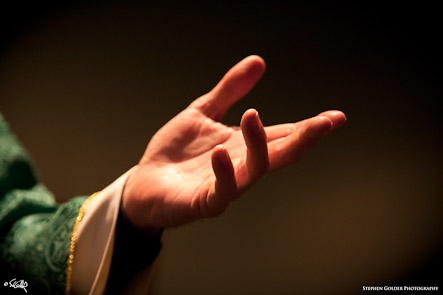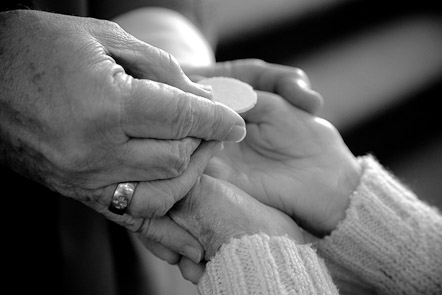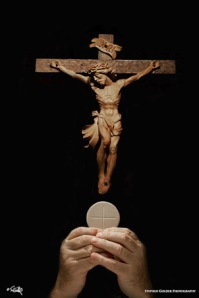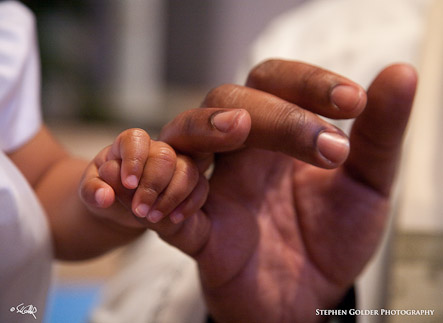 Kathleen Kennedy Townsend, Maryland’s former lieutenant governor, is weighing in on Sarah Palin’s new book, “America by Heart.”
Kathleen Kennedy Townsend, Maryland’s former lieutenant governor, is weighing in on Sarah Palin’s new book, “America by Heart.”
Townsend, a Catholic, is particularly concerned that the former Alaska governor has criticized President John F. Kennedy’s 1960 speech to the Greater Houston Ministerial Association. It was in that landmark address that Kennedy asserted that he should be judged by his political views and not his Catholic faith.
Palin argues that Kennedy “essentially declared religion to be such a private matter that it was irrelevant to the kind of country we are.” Instead of embracing faith as a part of what defined him, Palin argues, Kennedy ran from it — failing to reconcile his private faith with his public role.
In a Dec. 5 opinion piece in The Washington Post, Townsend defends the assassinated president, her uncle. She says Palin’s argument “seems to challenge a great American tradition, enshrined in the Constitution, stipulating that there be no religious test for public office.”
A careful reading of her book leads me to conclude that Palin wishes for precisely such a test. And she seems to think that she, and those who think like her, are qualified to judge who would pass and who would not.
If there is no religious test, then there is no need for a candidate’s religious affiliation to be “reconciled.” My uncle urged that religion be private, removed from politics, because he feared that making faith an arena for public contention would lead American politics into ill-disguised religious warfare, with candidates tempted to use faith to manipulate voters and demean their opponents.
Kennedy cited Thomas Jefferson to argue that, as part of the American tradition, it was essential to keep any semblance of a religious test out of the political realm. Best to judge candidates on their public records, their positions on war and peace, jobs, poverty, and health care. No one, Kennedy pointed out, asked those who died at the Alamo which church they belonged to.
But Palin insists on evaluating and acting as an authority on candidates’ faith. She faults Kennedy for not “telling the country how his faith had enriched him.” With that line, she proceeds down a path fraught with danger – precisely the path my uncle warned against when he said that a president’s religious views should be “neither imposed by him upon the nation or imposed by the nation upon him as a condition to holding that office.”
Townsend contends that her famous uncle “was courageous in arguing that government funds should not be used in parochial schools, despite the temptation to please his constituents.” She argues that although many Catholics would have liked the money, Kennedy “wisely thought that the use of public dollars in places where nuns explicitly proselytized would be unconstitutional.”
When Townsend ran unsuccessfully for the governor’s office in 2002, my former editor and I had a chance to interview her for a profile in The Catholic Review. Interestingly, back then, although Townsend vehemently opposed vouchers that could help parents choose which schools to send their children, she favored providing public funds to continue a state program that earmarked money for nonreligious textbooks in Catholic and other nonpublic schools.
“It’s proved helpful to the citizens of this state, to the children of this state,” she said, “and I think when we see programs that help the kids I think we should continue them.”
Townsend has often been a lightening rod within the Catholic Church. An incredibly staunch supporter of keeping abortion legal, she has spoken dismissively of American bishops who defend the sanctity of life and who hold politicians accountable, saying they have “lost their way.”
In the election issue of The Catholic Review eight years ago, Townsend said she favors “choice” because she believes “women can make the best decision on what they should do with their bodies.” Asked twice whether there are any restrictions on abortion — any at all — that she would support, she dodged the question by saying repeatedly, “I trust women.”
In that interview, Townsend said her call to public service grew out of the Catholic commitment to reaching beyond oneself.
“I was always taught by the nuns to do your duty and to figure out what your talents are and how best to use them,” she said. “Part of it is to figure out how you can, as the Bible says, love your neighbor. And I think I’ve discovered that public life and public service is the best way to use my talent.”
What do you think?
Is asking a candidate about his or her faith laying down a religious test for office? Was it fair for us to ask Townsend and other candidates about how their faith shapes their approach to leadership and public life? Is faith such a fundamental part of what defines a person that it makes it fair game in evaluating a candidate? Where do you draw the line?
I really want to hear from you.












